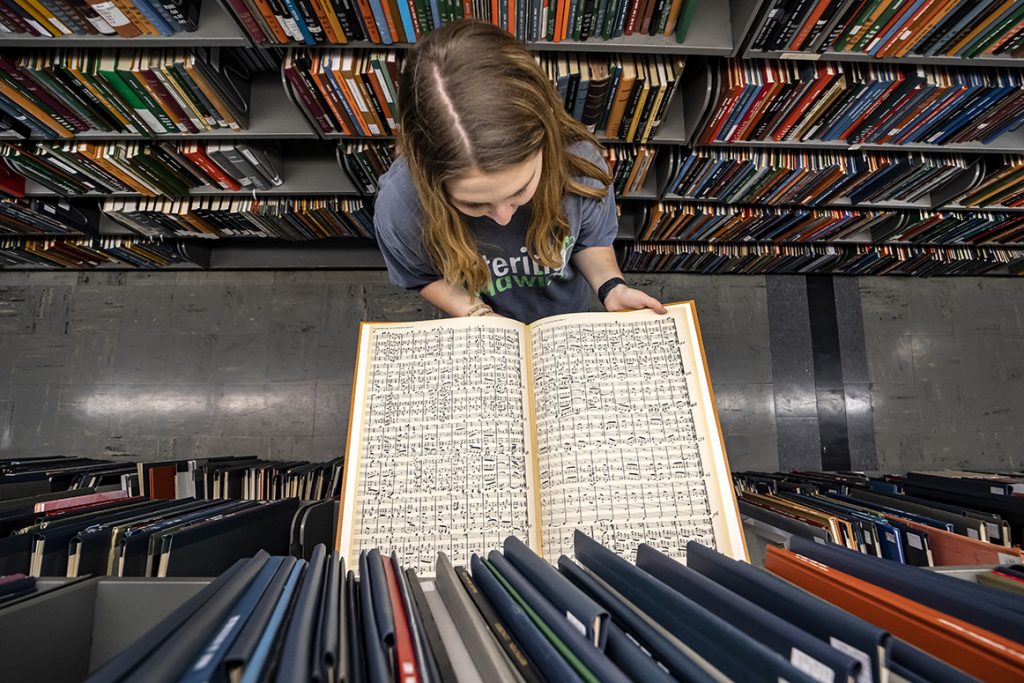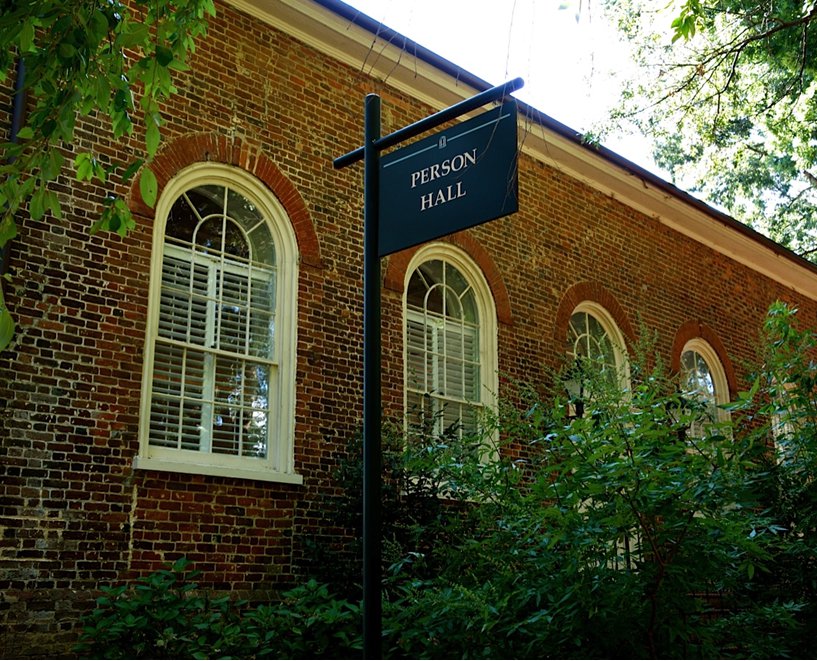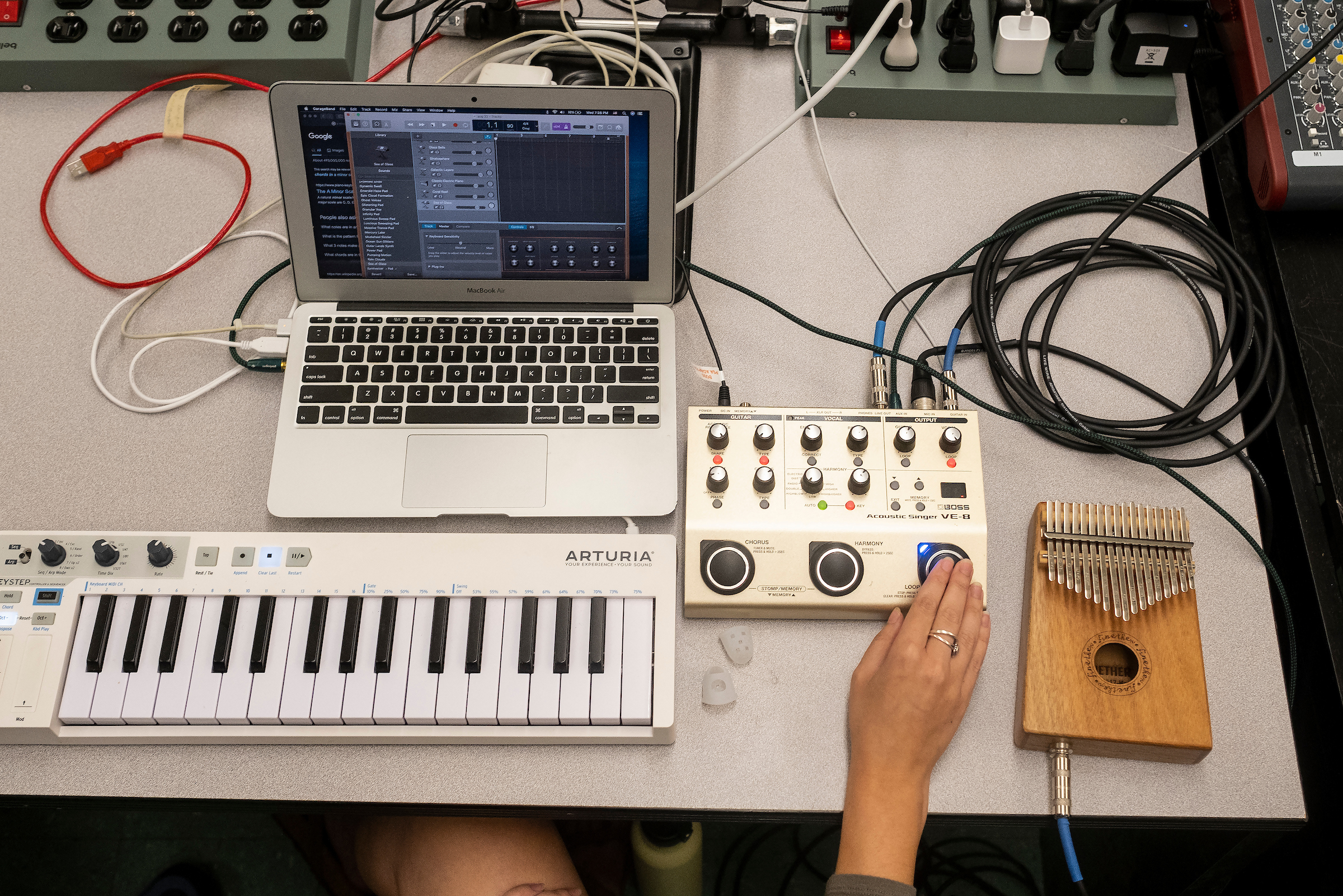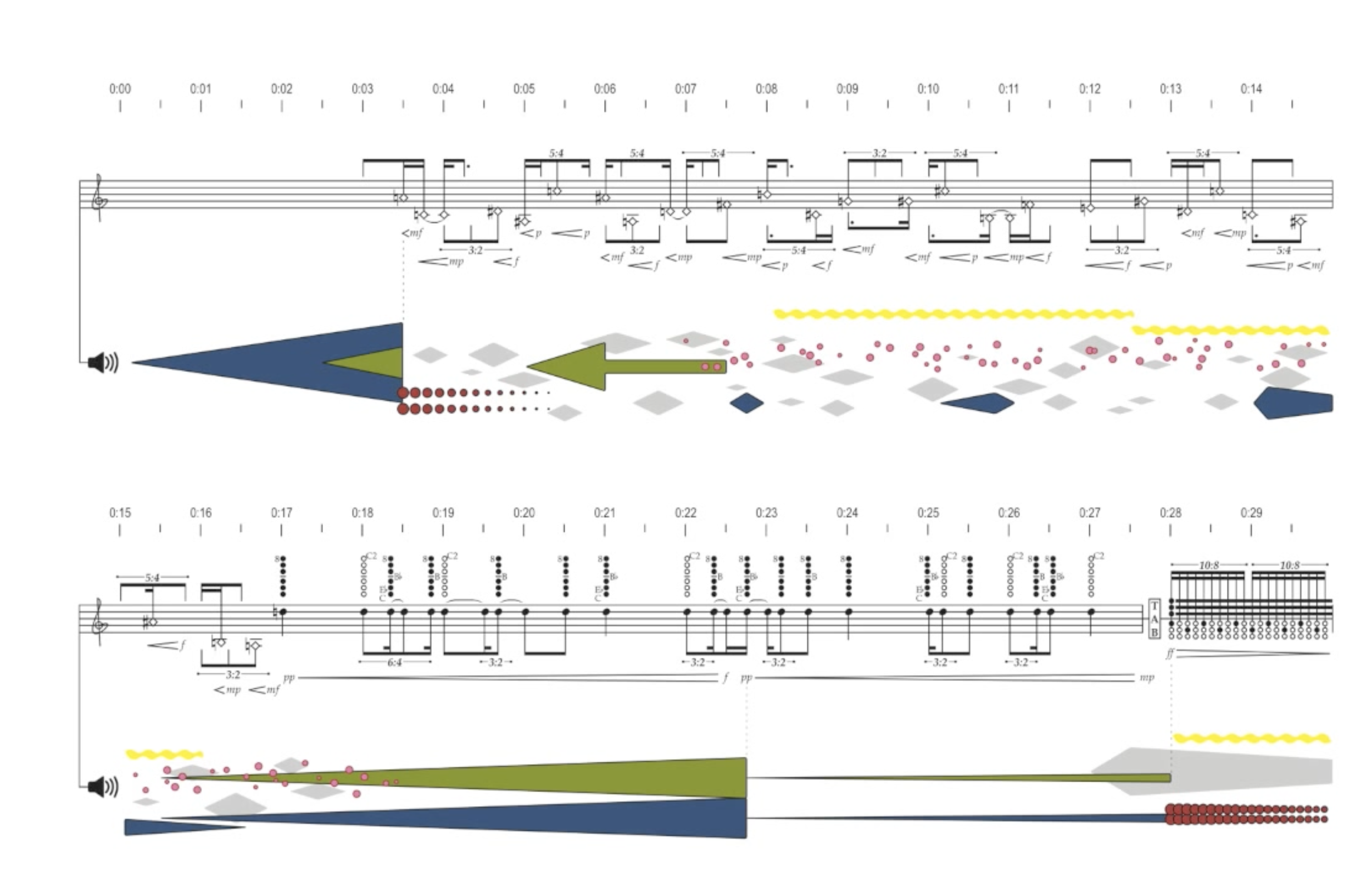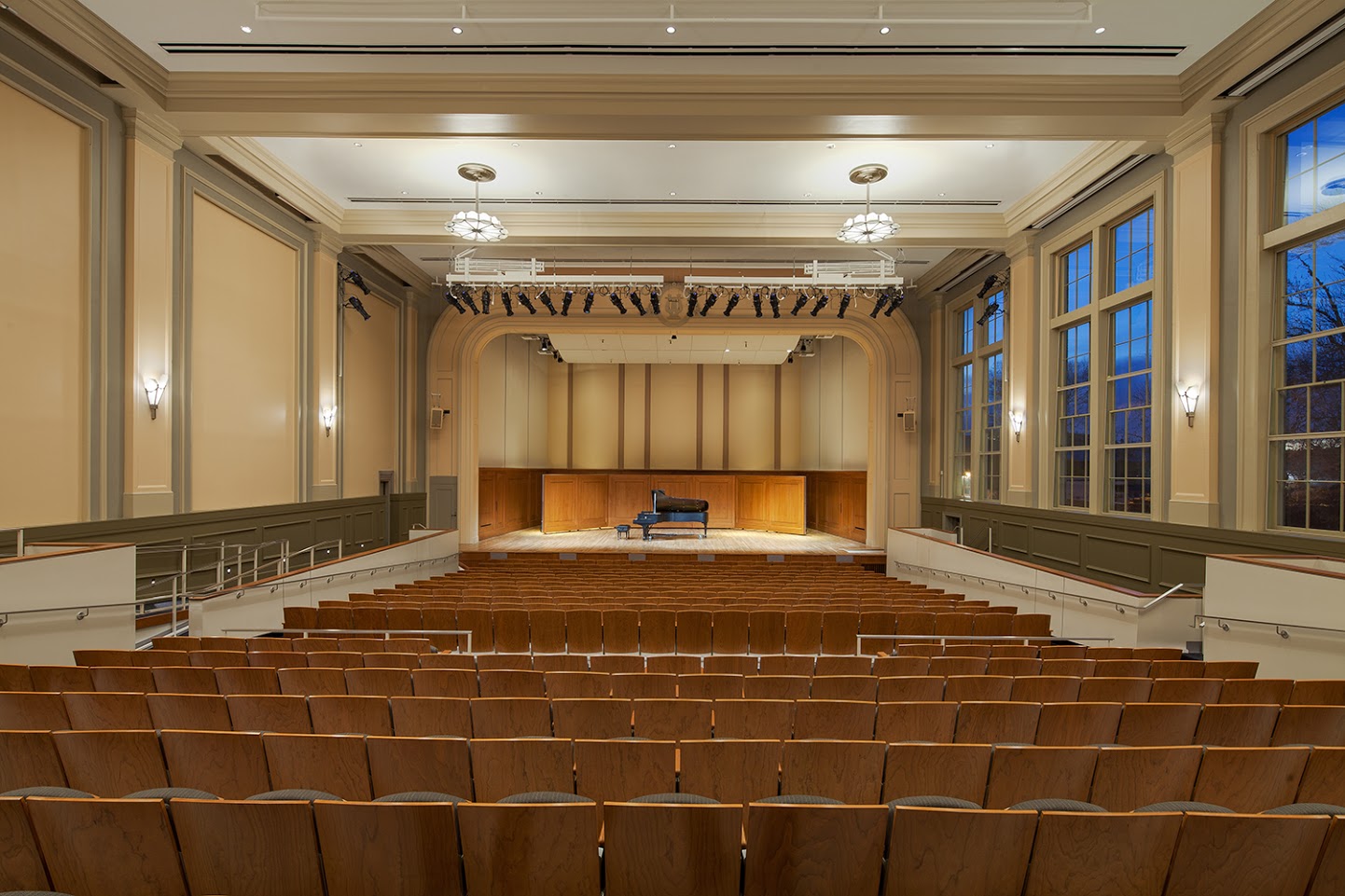Graduate Studies
Our graduate program in musicology aims to produce well-rounded scholars who will have the knowledge and skills to teach at the highest professional level and produce original research of quality and significance. The Music Department offers two graduate degrees, the Master of Arts (M.A.) and the Doctor of Philosophy (Ph.D.) in Musicology. Students normally progress from the former to the latter, and we structure our financial aid packages on the assumption that students will proceed directly to the Ph.D. upon completing the M.A.


